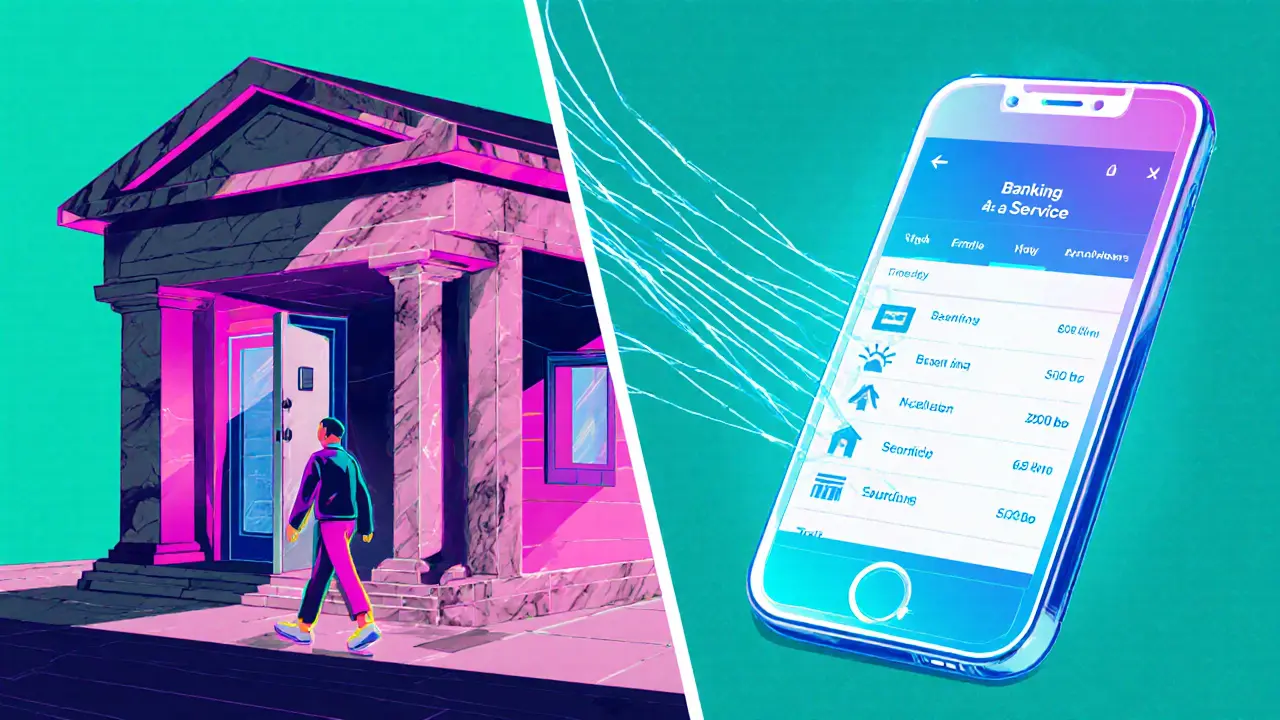BaaS Benefits: Why Blockchain as a Service Matters
When talking about BaaS benefits, the advantages that come from using Blockchain-as-a-Service platforms to build, deploy, and manage blockchain solutions. Also known as Blockchain-as-a-Service, it helps companies focus on business logic instead of tangled infrastructure.
One of the biggest draws is cost reduction. Traditional blockchain projects demand pricey hardware, specialized talent, and long rollout cycles. With BaaS, a cloud provider supplies the nodes, updates, and monitoring tools on a pay‑as‑you‑go model. This means a startup can launch a pilot for a few hundred dollars instead of a six‑figure capex. The same model scales smoothly when the user base grows, keeping operational expenses in line with actual demand.
Another core advantage is speed to market. Enterprise blockchain, large‑scale blockchain solutions tailored for corporate use cases often stalls because IT teams juggle legacy systems and security reviews. BaaS platforms bundle pre‑configured consensus mechanisms, APIs, and DevOps pipelines, letting dev teams spin up a network in hours rather than months. The result is rapid prototyping: finance teams can test tokenized assets, supply chains can map provenance, and gaming studios can launch NFT marketplaces without waiting for a full stack build.
Security and compliance also improve under BaaS. Cloud providers bring hardened data centers, regular patch cycles, and certifications that many firms would struggle to achieve on their own. Smart contracts, self‑executing code that runs on blockchain networks become easier to audit because BaaS services often include built‑in testing suites and version control. This reduces the risk of vulnerable code slipping into production and helps companies meet regulatory demands faster.
Integration with existing IT landscapes is smoother thanks to cloud infrastructure, the underlying compute, storage, and networking services that power BaaS platforms. Because the blockchain nodes sit alongside other cloud workloads, data can flow through familiar APIs, and monitoring tools can give a single pane of glass view. Enterprises can link ERP systems, CRM platforms, and IoT devices directly to a blockchain ledger, unlocking real‑time verification without redesigning their entire tech stack.
Key Advantages of BaaS
Putting it all together, BaaS benefits encompass lower upfront costs, faster deployment, stronger security, and seamless integration. They also enable a broader set of players— from fintech innovators to logistics firms— to experiment with decentralized apps without hiring a dedicated blockchain team. As more providers add industry‑specific templates, the gap between a proof‑of‑concept and a production‑grade solution shrinks dramatically.
Below you’ll find a hand‑picked collection of articles that dive deeper into each of these angles. Whether you’re curious about how on‑chain data mining fuels analytics, what non‑custodial wallets mean for high‑risk regions, or how blockchain forensics assists regulators, the posts below give practical insight and actionable steps to make the most of BaaS in your own projects.
Discover how Banking as a Service (BaaS) lets businesses add payments, accounts, cards and loans quickly, affordably, and with full regulatory compliance.
More